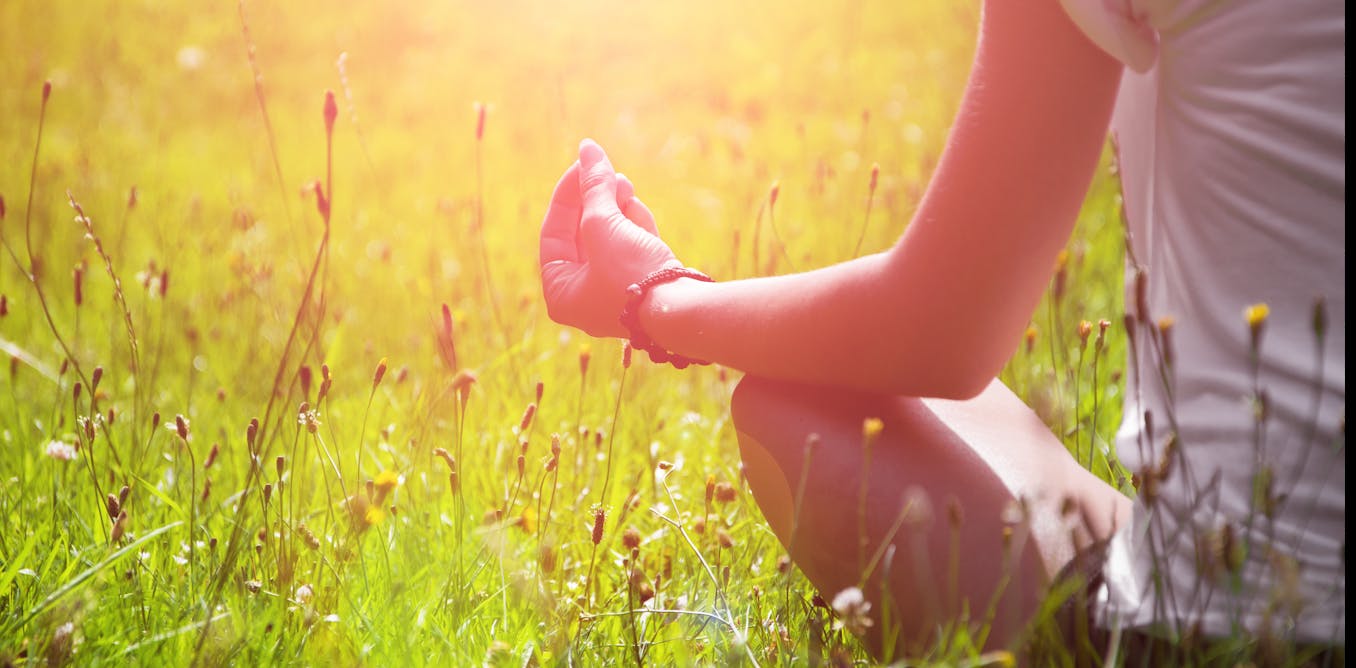Instagram is one of the social networks with the highest volume of active users today (1,478 million). In it, users increasingly claim to create a safe space. In addition, mental health promotion is booming on these and other social networks. Because of that, Many studies wanted to investigate the possibility that this tool affects mental health.
Instagram and mental health
Instagram is becoming the social network of choice for uploading friendly content covered in filters that obscure reality, turning it into the perfection it should be. It has become a niche for the development of unattainable beauty standards, expectations in life and the transmission of ideas that are sometimes not based on data.
In 2017, the UK’s Royal Society for Public Health published a report entitled #StatusOfMind who emphasized that the social network that has the greatest negative impact on the mental health of young people is Instagram. Similarly, in 2019 the same organization was highlighted in its report #New Filters negative traces of using filters on Instagram. Above all, in body image and, therefore, in the anxiety and depression produced by unattainable beauty standards.
This report and different sentences cause English banned influencer use of filters in photos or videos for advertising purposes (if misleading) related to cosmetic products.
In this scenario, Instagram recently launched a new service that offers help to those searching for the hashtags #anxiety and #depression. As a result, a question arises: “Can we help you?”. When you click on it, the service offers three possible answers: providing general helpful advice (example: changing your environment), contacting a friend or family member and, lastly, calling hope phonewhich is a psychological consultation service by telephone.
The initiative to develop this service has contributed to the visualization of a larger problem. But this does not mean that the problem is gone, and Instagram is still considered a social networks that have the most negative impact on mental health From young people. Therefore, it is interesting to examine more deeply about the advantages and disadvantages offered by this service.
Visibility to break the stigma
Among the most immediate advantages are not only the visualization of the problem but also the mental health approach to everyday life. Normalizing mental health problems is an important step to leave the stigmatization that continues to run rampant in society.
Another advantage it presents is the direct attention it provides. Thanks to this, people with few resources, little knowledge or no strong support system can access basic, common but useful information about anxiety and depression.
In addition, this tool can encourage users to educate themselves, question and deepen their own psychological state.
Accessing Instagram for help?
However, there are certain drawbacks. One is that few people know about this service as it is not found in any of the main menu options. Once again mental health is in the “shadow”. In fact, to use this resource, users must search for the words “anxiety” or “depression”.
For better or for worse, Instagram is a social network where audiovisual material primarily focused on lifestyle is shared. Namely, beauty, travel, tips for daily tasks, social life, etc.
Therefore, it is rare for users to log into Instagram to find solutions to their psychological problems. Instead, they will turn to some Google or YouTube resources for guidance on the issues that concern them.
Help only in urgent cases
On the other hand, another weakness it presents is content. That is, the recommended guidelines are meant to know how to act in the face of high peaks of anxiety or depression. They are tips designed for situations where the person is overwhelmed by sensations and emotions. What we call “desperate measures”.
Similarly, his advice is general in nature and can also be applied to people with good emotional stability. Without going any further, “take care of yourself” is advice that can apply to the occasional stressful situation.
Superficial treatment against depression
Correspondingly, all advice is meant to distract the person and not see the long-term consequences. It would be interesting to introduce terms such as emotion management, which is defined as the ability to be aware of one’s own emotions and react adaptively to them.
This requires knowing how to identify them and knowing the impact they have. In the long term, Emotional management will allow people with anxiety and depression to identify their emotionsto predict their possible emotional reactions to hypothetical scenarios and to be able to regulate their actions when they find themselves in a complicated situation.
A guide to understanding depression and anxiety
Finally, there is no brief introduction to what anxiety or depression is. Having thoughts or symptoms related to depression or anxiety is normal and even adaptive. Who doesn’t have bad days when they feel lethargic and irritable? Anxiety and depression are not sad days or when people feel nervous.
That is why an introduction to what this disease is is necessary to distinguish it from what it is not. For the same reason, providing a small guide that defines what each disorder is and explains what symptoms, behaviors, and sensations are associated with anxiety and depression can be of great help to people who don’t understand what’s going on with them.
Disconnect from social networks as an emotional management strategy
To assert that Instagram is the cause of disorders such as anxiety and depression is a categorical statement that currently has no scientific basis.
anxiety and depression is a multicausal disorder. However, it is also important to point out that certain factors can contribute at different key moments to his appearance. For example, logging into Instagram to see pictures of the perfect life away from the hopeless reality or uncertain future of a person suffering from anxiety or depression.
Another tip that should be included in the app is to temporarily not use social media. If symptoms or signs of depression or anxiety worsen with consuming content on Instagram, the network should suggest options for taking a break, until the user is more emotionally stable.
In conclusion, the coy approach by social networks to relevant issues such as mental health is a major milestone. This is the right step for greater awareness and understanding of mental health as a fundamental pillar of health. And, above all, for the integration of mental health into activities common to everyday life.

“Social media guru. Total beer fanatic. Tv ninja. Typical coffee fan. Amateur entrepreneur. Unapologetic food scholar.”







